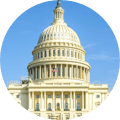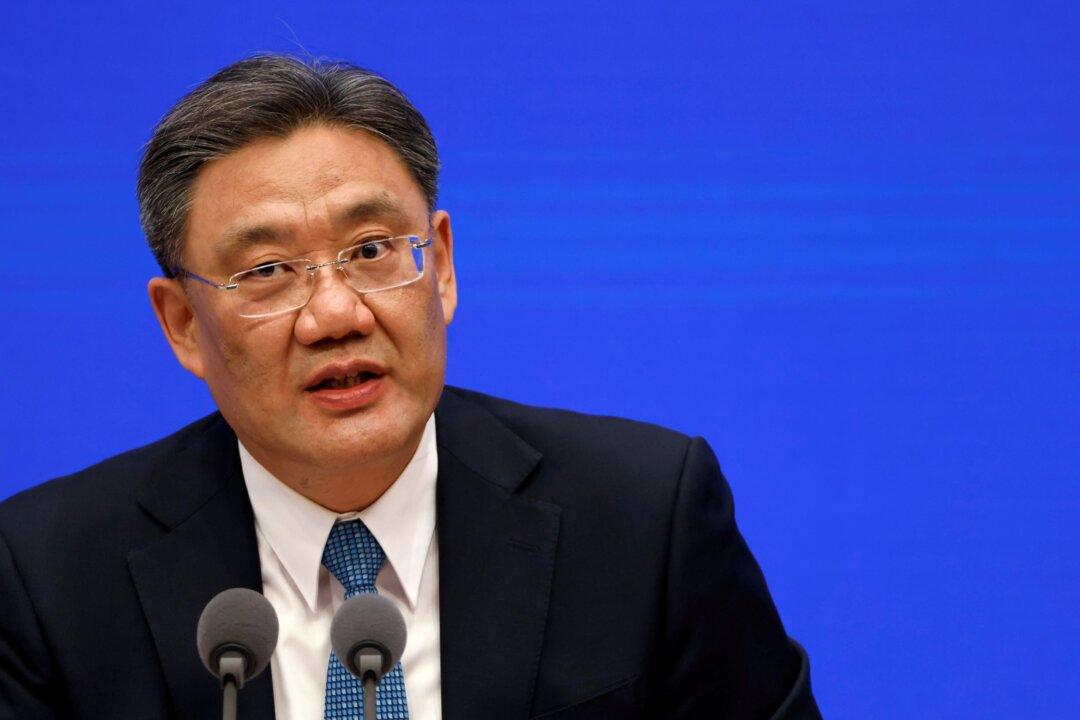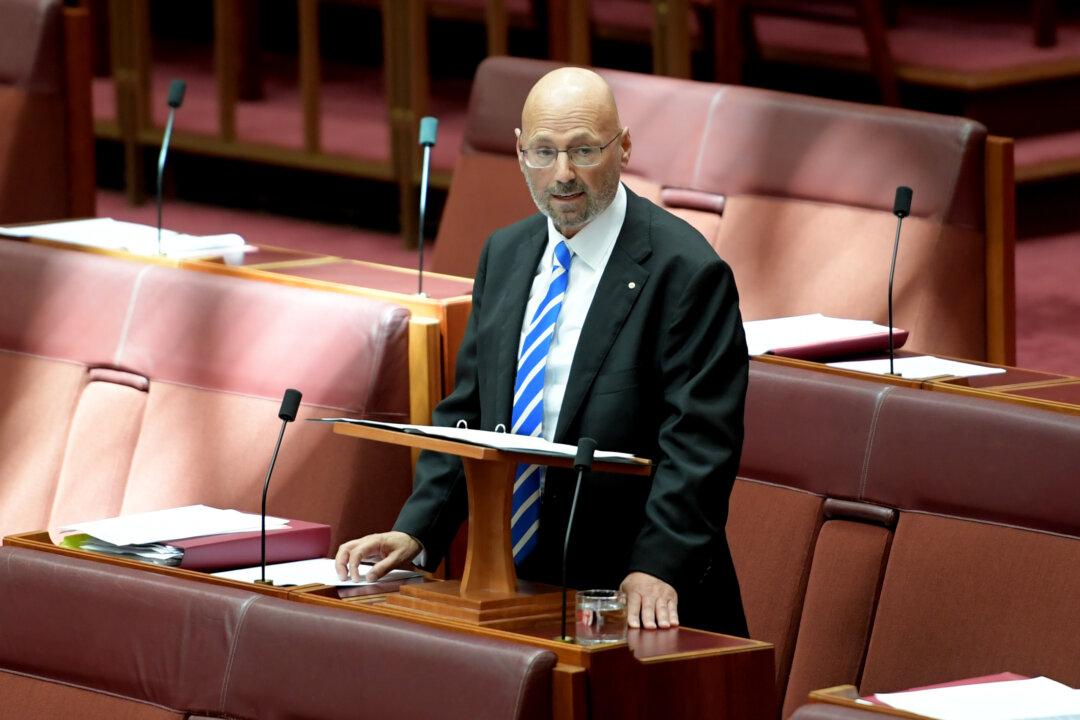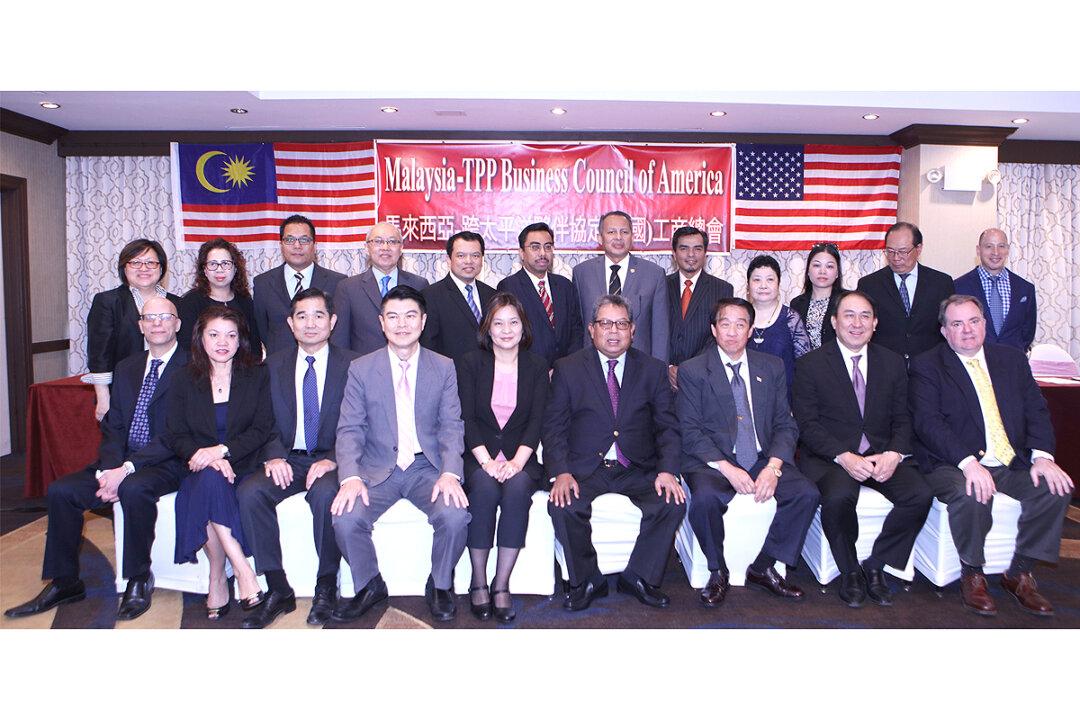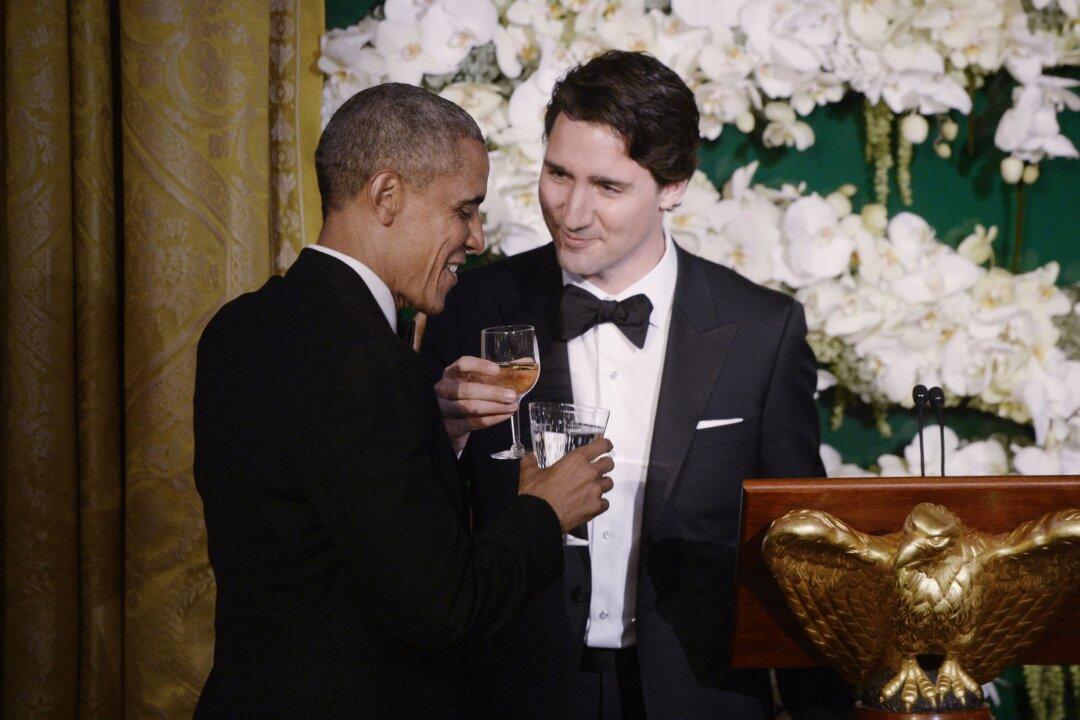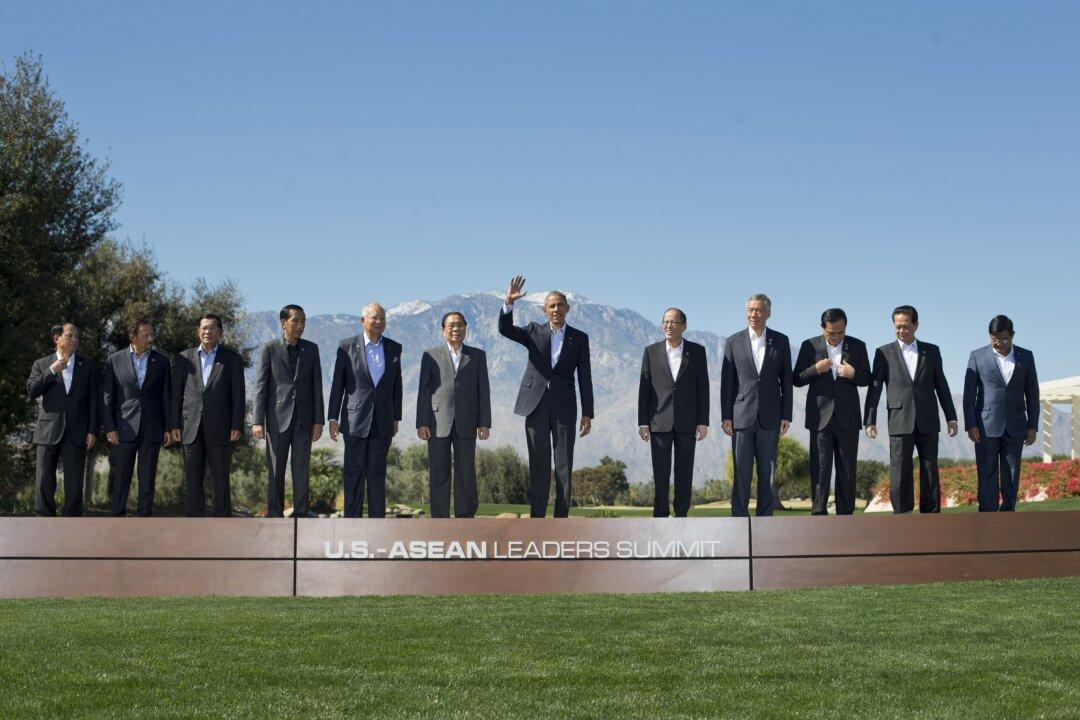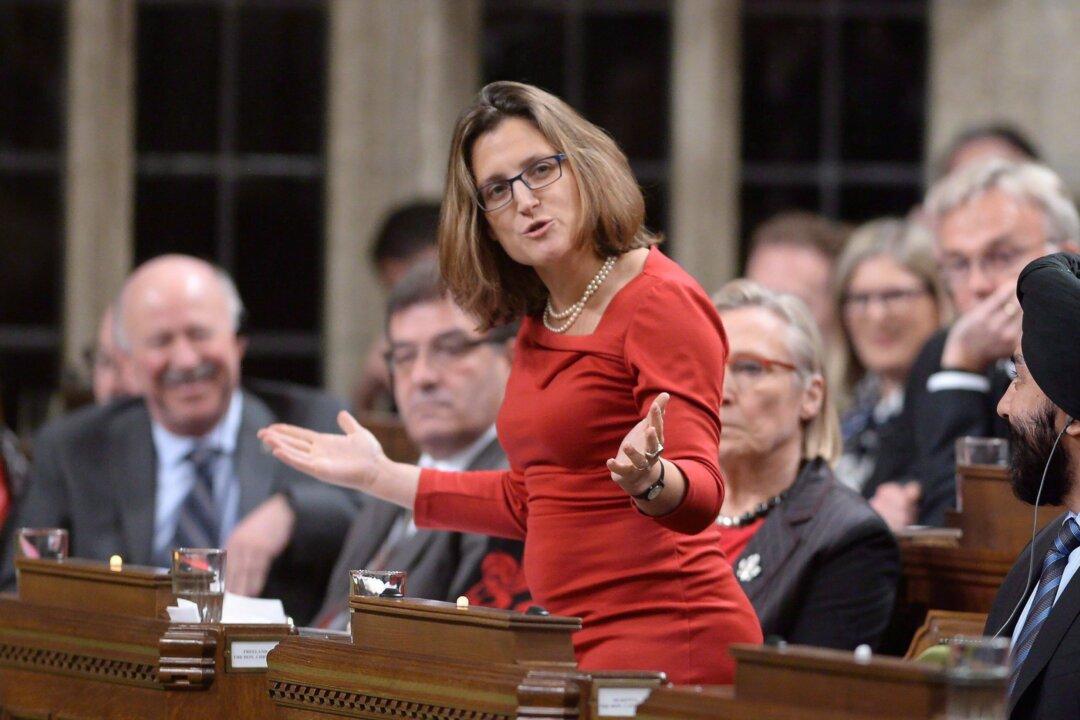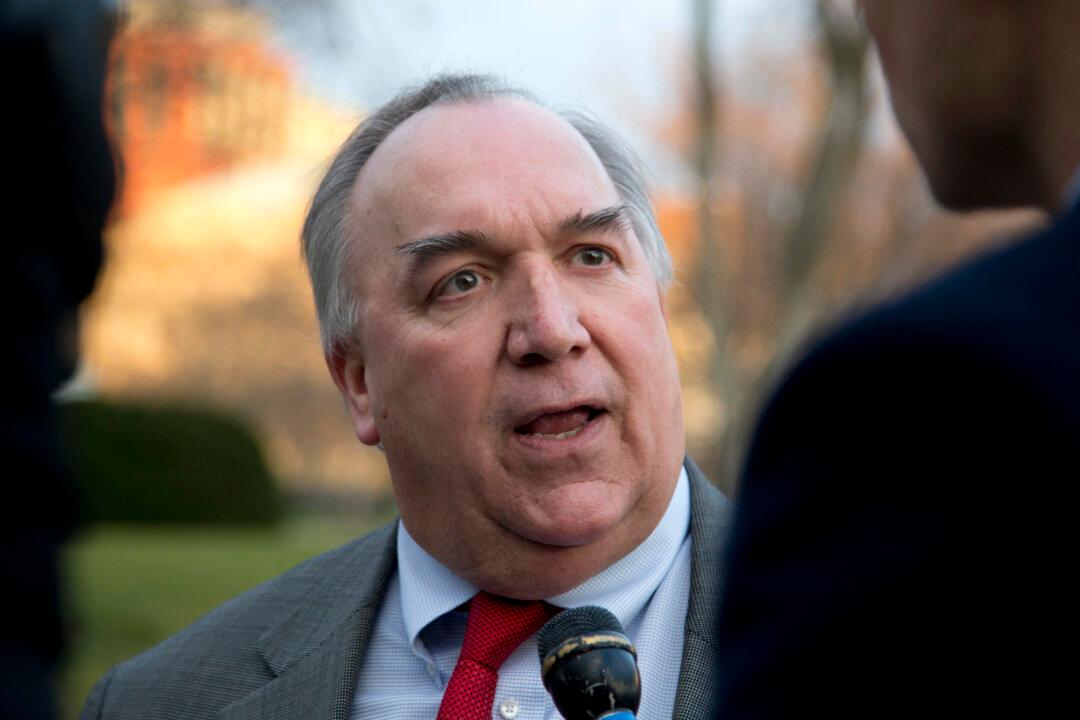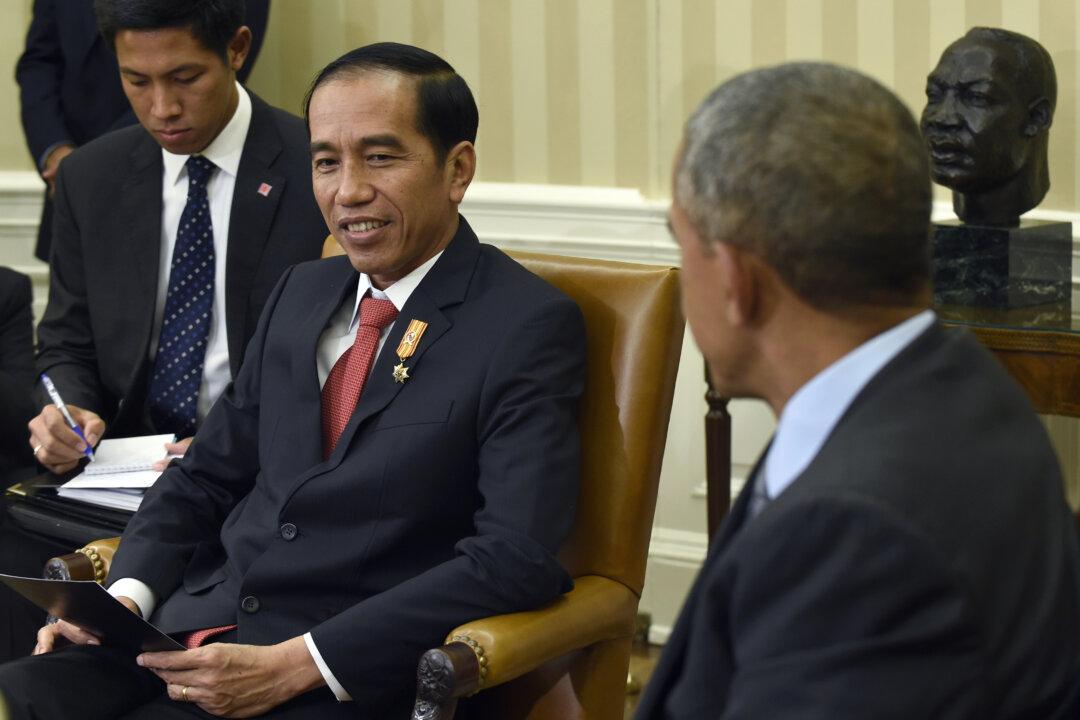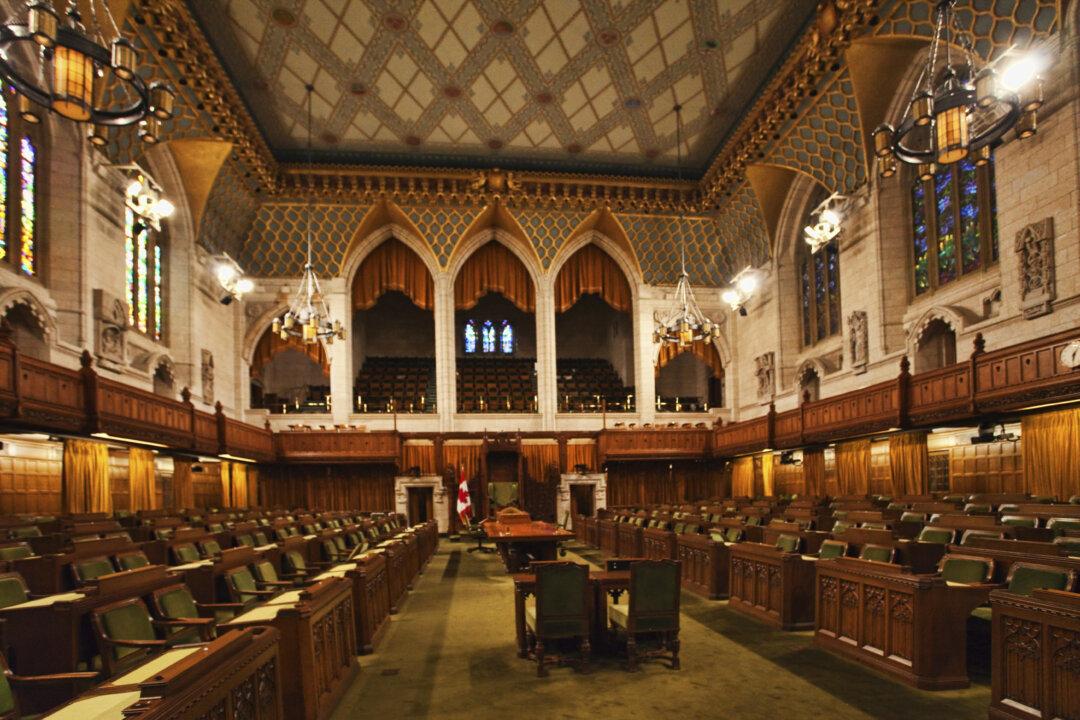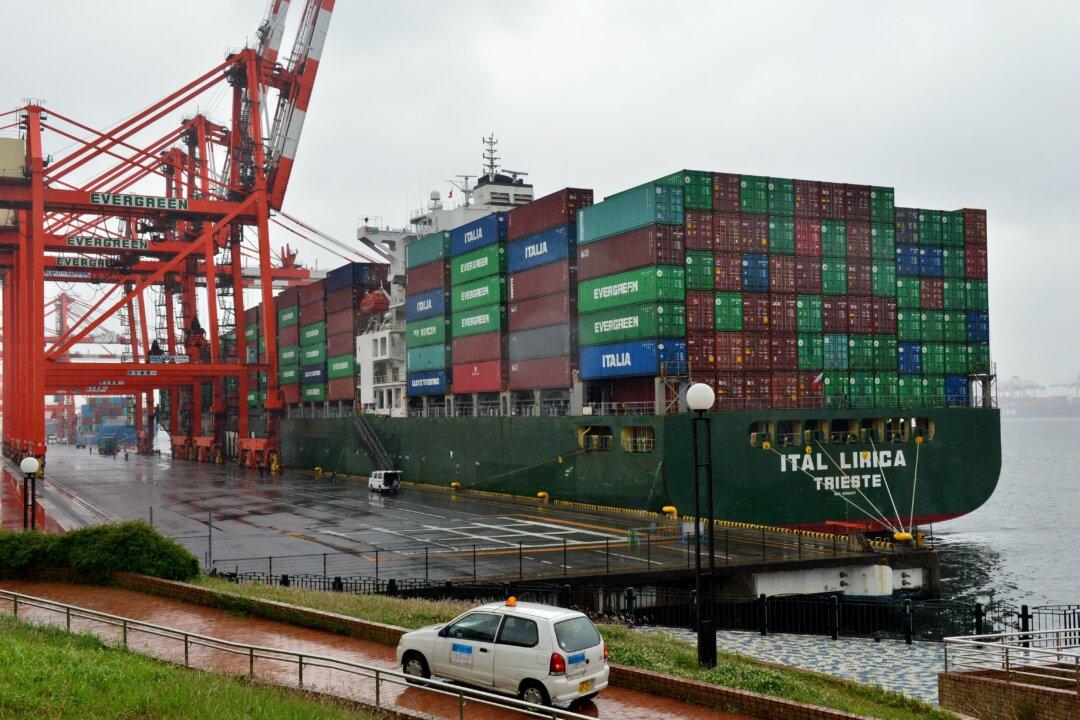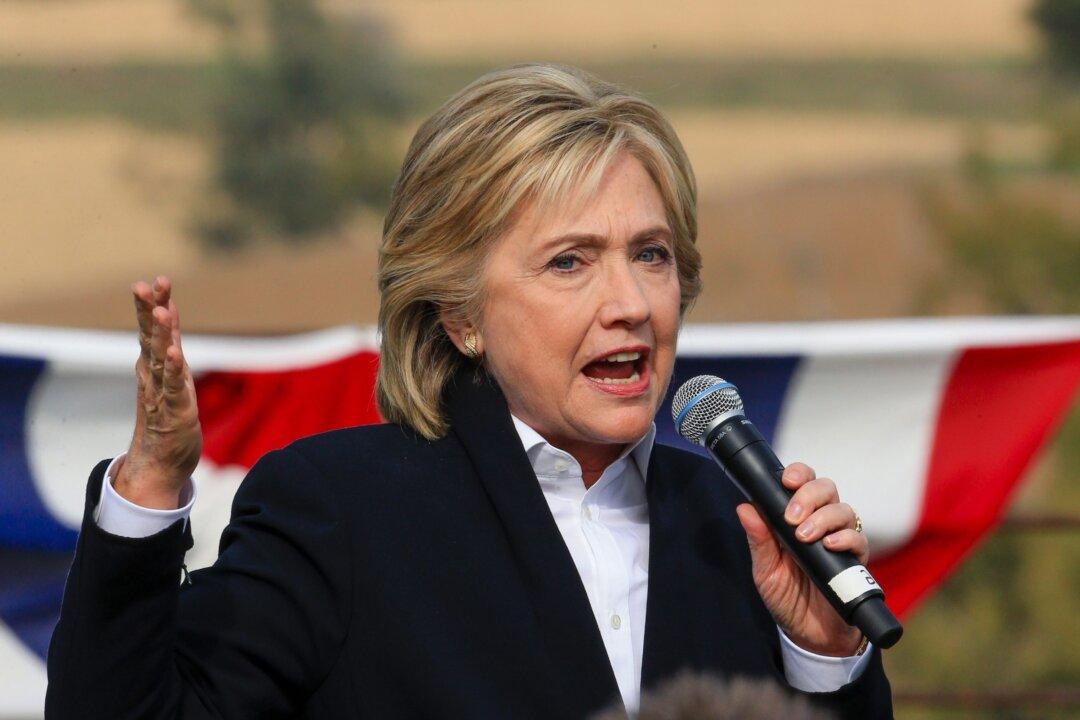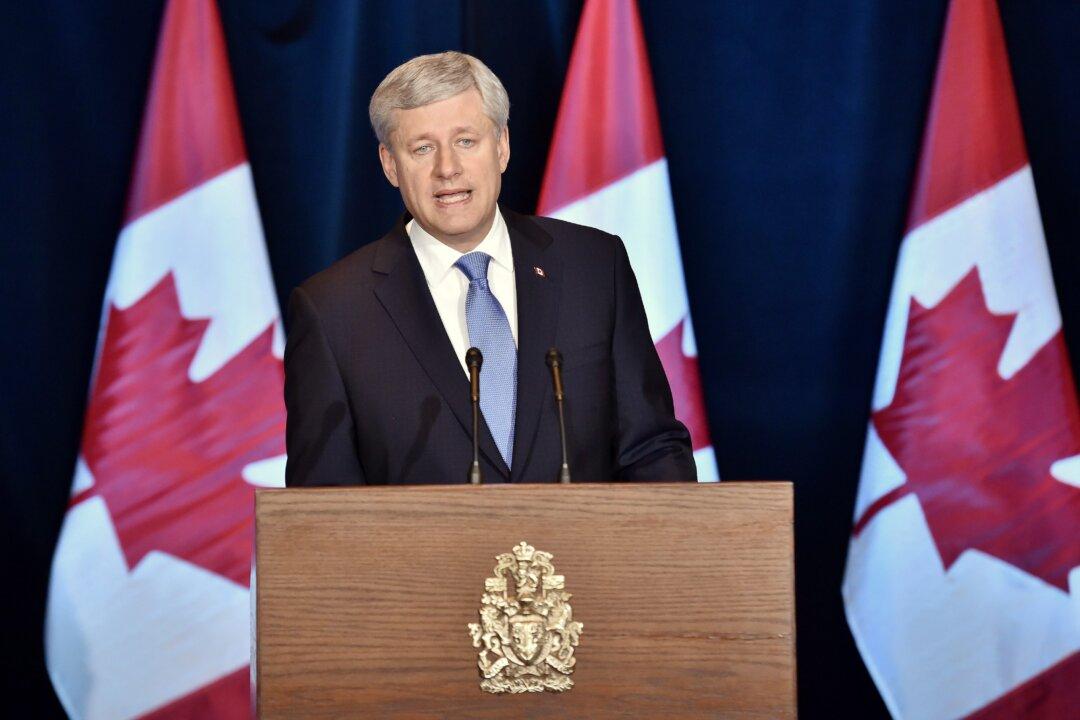Focus
Trans-Pacific Partnership
LATEST
Trump Says He Will End ‘Disastrous’ Asia Trade Deal If Elected President
Former President Donald Trump says the Biden administration’s regional trade deal could hurt U.S. manufacturing.
|
In Platform Draft, Sanders Wins on Climate, Loses on Trade
Bernie Sanders’ still-impassioned campaign electrified debate over a draft of the Democratic Party’s policy positions Saturday, winning concessions on climate change but failing to include opposition to the Trans-Pacific Partnership trade deal.
|
The US Needs to Work Fast on Passing the TPP
As the din in the U.S. Presidential race gets noisier, issues of national interest are being put on the back burner.
|
With Obama in White House, Trudeau Visit Brings Policy Agreement
Last week’s visit by Canadian Prime Minister Justin Trudeau to the White House entailed a number of new agreements and policies.
|
Obama, SE Asian Leaders Seek Resolution to Maritime Disputes
President Barack Obama and the leaders of Southeast Asia called Tuesday for peaceful resolution of the region’s maritime disputes as they concluded a summit in California.
|
Business Group Hopes to Jumpstart Momentum for Trade Pact
Leading business groups, often at odds with President Barack Obama, are looking to give momentum to one of his top priorities before he leaves office: approval of a trade pact linking 12 nations along the Pacific Rim that make up 40 percent of the world economy.
|
Indonesia’s Leader Says His Country to Join Asia Trade Pact
Indonesia’s leader looked to cement his nation’s growing ties with the United States, declaring after a meeting Monday with President Barack Obama that Southeast Asia’s largest economy intended to join a sweeping U.S.-backed Pacific Rim trade deal.
|
Canada’s Election and Its Effects on the US
Whinging all the way, Canadians are stumbling through the last week of their preternaturally extended federal election campaign. Still no Canadian will be surprised the process has barely twitched the U.S. political seismograph.
|
TPP Secrecy Puts Canada’s Internet Freedom on the Chopping Block
Over the past two weeks, our government has been laying it on thick, trying to sell Canadians on the Trans-Pacific Partnership: the largest and most secretive agreement in the history of the world.
|
TPP Is a Good Deal for Canada
The Trans-Pacific Partnership has finally landed.
|
We May Have Cinched TPP, but Is US Trade a Lost Cause?
President Barack Obama, with fast-track negotiating powers in his back pocket, managed to seal the biggest trade agreement of the WTO era this month.
|
First KXL, Now TPP: Clinton Roasts Trade Deal, With Potential Consequences
Hillary Clinton’s sudden opposition to the Trans-Pacific Partnership deal indicates the long, hard road ahead for ratification of the 12-country agreement that includes Canada.
|
TPP: A Unique Moment in Canadian History Unfolds in Atlanta
In the delicate dance of presenting a major free-trade agreement in the heat of an election campaign, the civil service was determined that it—not politicians—take the lead in describing the deal to Canadians.
|
Trump Says He Will End ‘Disastrous’ Asia Trade Deal If Elected President
Former President Donald Trump says the Biden administration’s regional trade deal could hurt U.S. manufacturing.
|
In Platform Draft, Sanders Wins on Climate, Loses on Trade
Bernie Sanders’ still-impassioned campaign electrified debate over a draft of the Democratic Party’s policy positions Saturday, winning concessions on climate change but failing to include opposition to the Trans-Pacific Partnership trade deal.
|
The US Needs to Work Fast on Passing the TPP
As the din in the U.S. Presidential race gets noisier, issues of national interest are being put on the back burner.
|
With Obama in White House, Trudeau Visit Brings Policy Agreement
Last week’s visit by Canadian Prime Minister Justin Trudeau to the White House entailed a number of new agreements and policies.
|
Obama, SE Asian Leaders Seek Resolution to Maritime Disputes
President Barack Obama and the leaders of Southeast Asia called Tuesday for peaceful resolution of the region’s maritime disputes as they concluded a summit in California.
|
Business Group Hopes to Jumpstart Momentum for Trade Pact
Leading business groups, often at odds with President Barack Obama, are looking to give momentum to one of his top priorities before he leaves office: approval of a trade pact linking 12 nations along the Pacific Rim that make up 40 percent of the world economy.
|
Indonesia’s Leader Says His Country to Join Asia Trade Pact
Indonesia’s leader looked to cement his nation’s growing ties with the United States, declaring after a meeting Monday with President Barack Obama that Southeast Asia’s largest economy intended to join a sweeping U.S.-backed Pacific Rim trade deal.
|
Canada’s Election and Its Effects on the US
Whinging all the way, Canadians are stumbling through the last week of their preternaturally extended federal election campaign. Still no Canadian will be surprised the process has barely twitched the U.S. political seismograph.
|
TPP Secrecy Puts Canada’s Internet Freedom on the Chopping Block
Over the past two weeks, our government has been laying it on thick, trying to sell Canadians on the Trans-Pacific Partnership: the largest and most secretive agreement in the history of the world.
|
TPP Is a Good Deal for Canada
The Trans-Pacific Partnership has finally landed.
|
We May Have Cinched TPP, but Is US Trade a Lost Cause?
President Barack Obama, with fast-track negotiating powers in his back pocket, managed to seal the biggest trade agreement of the WTO era this month.
|
First KXL, Now TPP: Clinton Roasts Trade Deal, With Potential Consequences
Hillary Clinton’s sudden opposition to the Trans-Pacific Partnership deal indicates the long, hard road ahead for ratification of the 12-country agreement that includes Canada.
|
TPP: A Unique Moment in Canadian History Unfolds in Atlanta
In the delicate dance of presenting a major free-trade agreement in the heat of an election campaign, the civil service was determined that it—not politicians—take the lead in describing the deal to Canadians.
|
